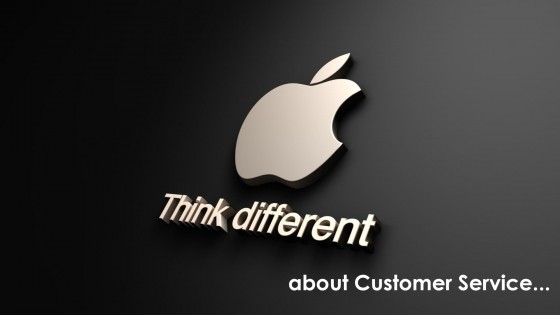
Of Doctors, Babies, Kings, and Zombies Before starting my journey as science fiction writer, I got a few degrees under my belt — astrophysics, mathematics, cognitive science, education, etc. It took a few decades (I’ve gotten married and had a family in there somewhere), but I got my doctorate and have used and still use it to help people think through complicated problems, mostly in product design. How is this relevant to writing, you might ask? Well, in addition to witnessing and surviving some amazing situations — always a good experience for a writer — I’ve acquired a few tools on how to think about situations and people. I would like to share one such tool with you: Us versus Them, a cognitive perspective. What people (and other animals) are very good at is dividing themselves into Us’es and Them’s. It’s a useful tool when we live in a divided world — how else do we keep clear of our allegiances to countries, sports teams, and political parties? But these divisions have neurological and psychological underpinnings. Consider a four square graph that charts competency versus likability (emotional warmth and approachability): We perceive (our) doctors as warm, personable, and able. We…





